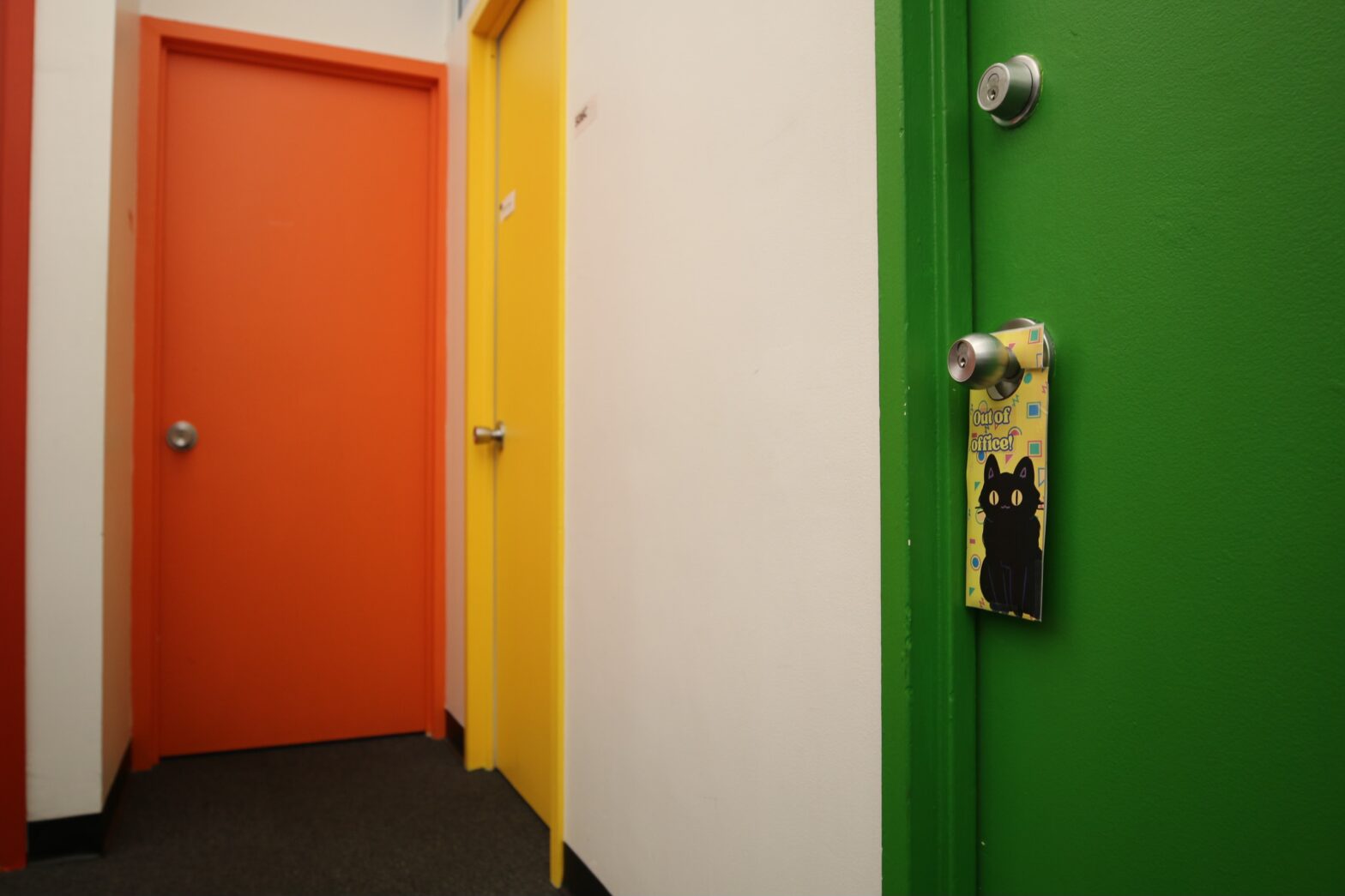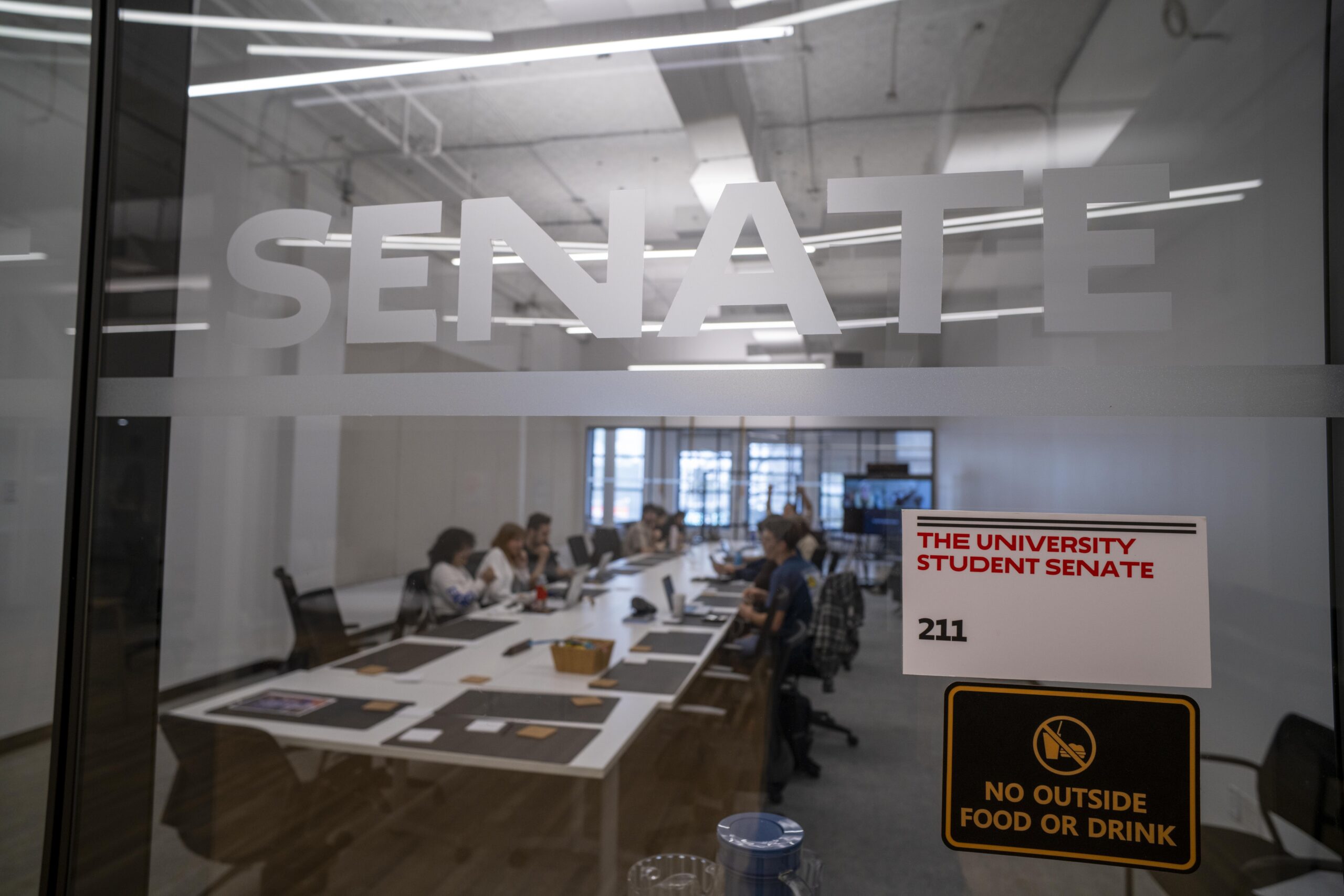As students start another semester, reliance on academic advisors to navigate degree completion, registration, and demanding academics has reached a peak. But many returning students arrived this semester to find their advisor assignment has changed.
“During the course of my three years here, I’ve had three advisors,” said Ada Schrader, a third-year in the culture and media program at Eugene Lang College of Liberal Arts. Schrader’s experience has become common at The New School. It’s the result of routine personnel changes, the different advising structures across New School colleges, and an overhaul of the academic advising department at Lang that took effect during the 2022-23 academic year.
Prior to last year’s reorganization at Lang, students were paired with an advisor based on last name. The advisor would assist with academic planning and registration. Under the new model, a portion of the advising staff is assigned to first-years and undecided students. Once a student declares a major, a specialized advisor takes over, according to Ryan Loritz, an academic advisor for undeclared students at Lang.
Though new for Lang students, major-specific advising has been a long-standing practice at Parsons School of Design. While the policy aims to create a more individualized approach to advising as a student’s interests become more focused, students feel that it’s difficult to connect and build relationships with newly assigned advisors.
Sylvia Roussis, a third-year at Lang said, “the help they can offer may not necessarily be as fulfilling as if they were someone who knew you.” She said their advice is less individualized and “very basic like ‘yes’ or ‘no,’” emphasizing this isn’t necessarily the kind of support that every student can benefit from. Schrader, the third-year Lang student, echoed this sentiment about the advising department, “I was very confused, like in the school system. And also, personally felt like I didn’t get a lot of support from the school.”
The feeling of not knowing whether your advisor knows you well enough to adequately aid your academic needs seems to resonate across the university. Advisor changes can happen for a number of reasons, including staff turnover in the department. Brian Dudley, academic advisor for BA/BFA students, said this occurred during and after the height of the COVID-19 pandemic. As a result, many of the current advisors started in the last three years.
Parker Simoni, a major-specific advisor for Parsons students, said that during the year following the pandemic-related resignations, Parsons advisors had up to 800 students assigned to each advisor. Though Parsons has the largest undergraduate population at the university, these post-COVID caseloads were abnormally high. According to Simoni, Parsons advisor caseloads are now down to around 300 or 350 students each.
Keisha Davenport-Ramirez, assistant provost for Student Success advising, addressed this, saying, “we would ideally love to hire more and more advisors all the time, but, you know, the conversation about resources has to be considered across the university in a way that is healthy for everyone. ” She added that despite varying workloads, the quality of advising “should be the same across the board,” even with student advising experiences differing across the university.
Advisors do their best to accommodate these numbers and provide the most personalized aid that they can. Parsons advisors instituted a new second-year orientation for students beginning major-specific advising this summer. However, advisor changes and the general system of staffing still causes confusion among students.

Eliana Lazar, another third-year at Lang, said, “I think we could have a lot more of a fulfilling community if we had more of the advisors like on campus,” referring to a concern among students that even when advisors are available to meet, it is often over Zoom. Lazar said that the distance felt from advisors could be remedied by more advisors being present, in-person and on-campus.
In general, students said that their problems were not with advisors themselves but rather the system that gives them no choice but to receive less personalized advising. Currently the model of major-specific advising only exists at Parsons and Lang with other colleges opting to use alternate systems. As for departmental changes in the future, Davenport-Ramirez noted the university is carrying out an evaluation of advising this academic year with the goal of learning how best to improve the student experience.








Leave a Reply